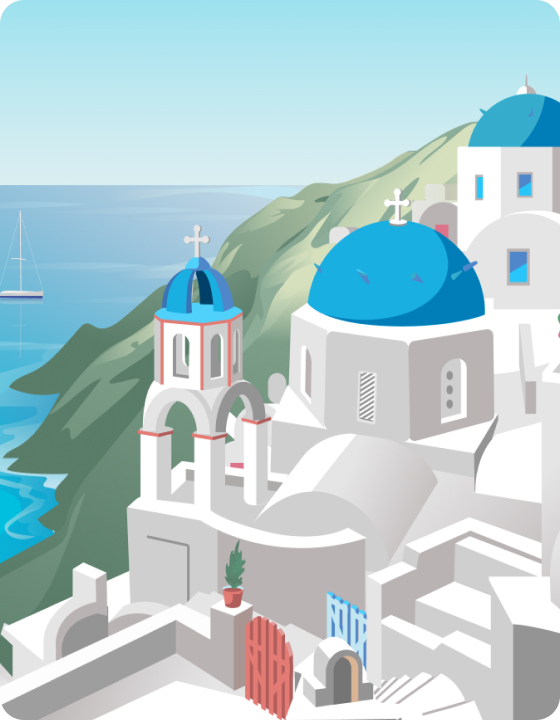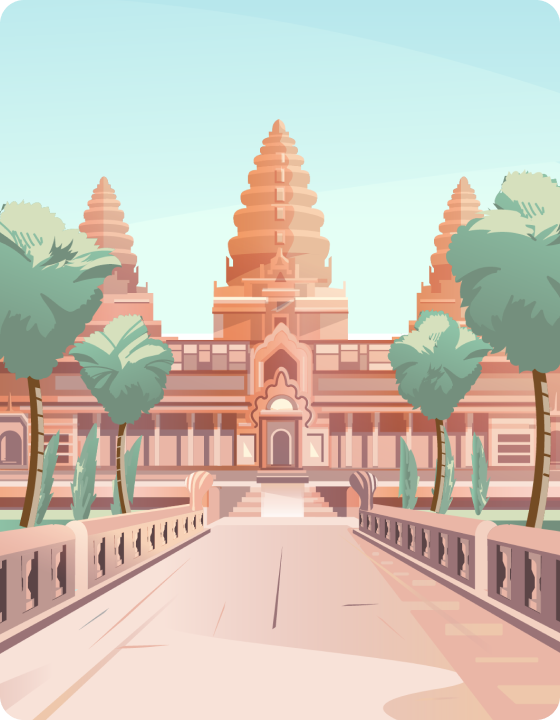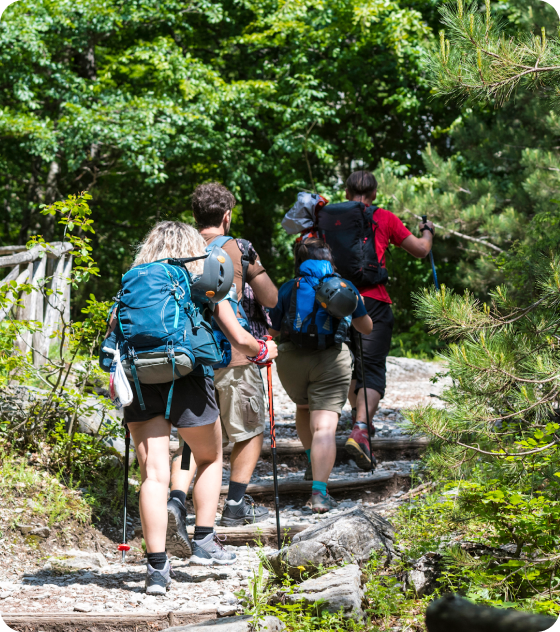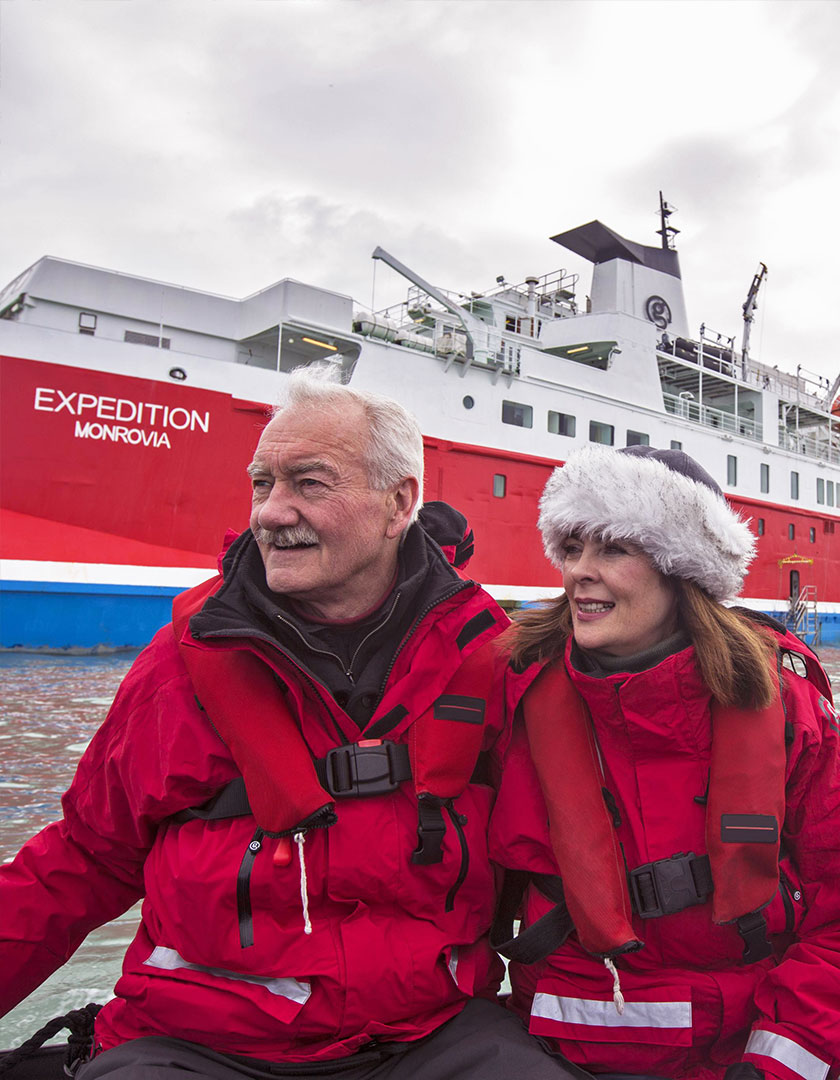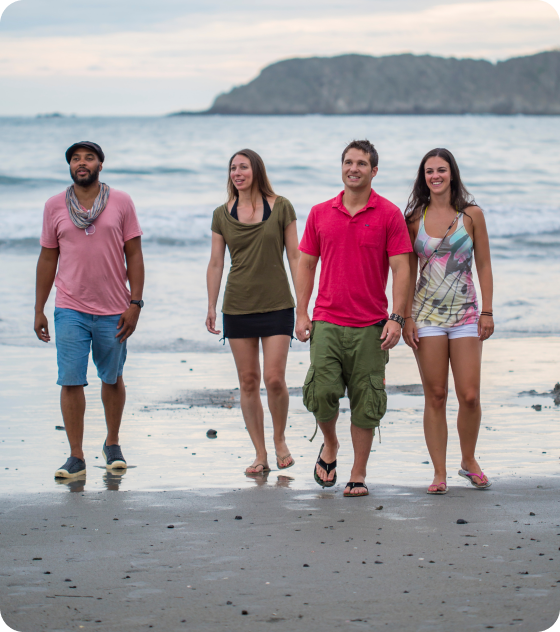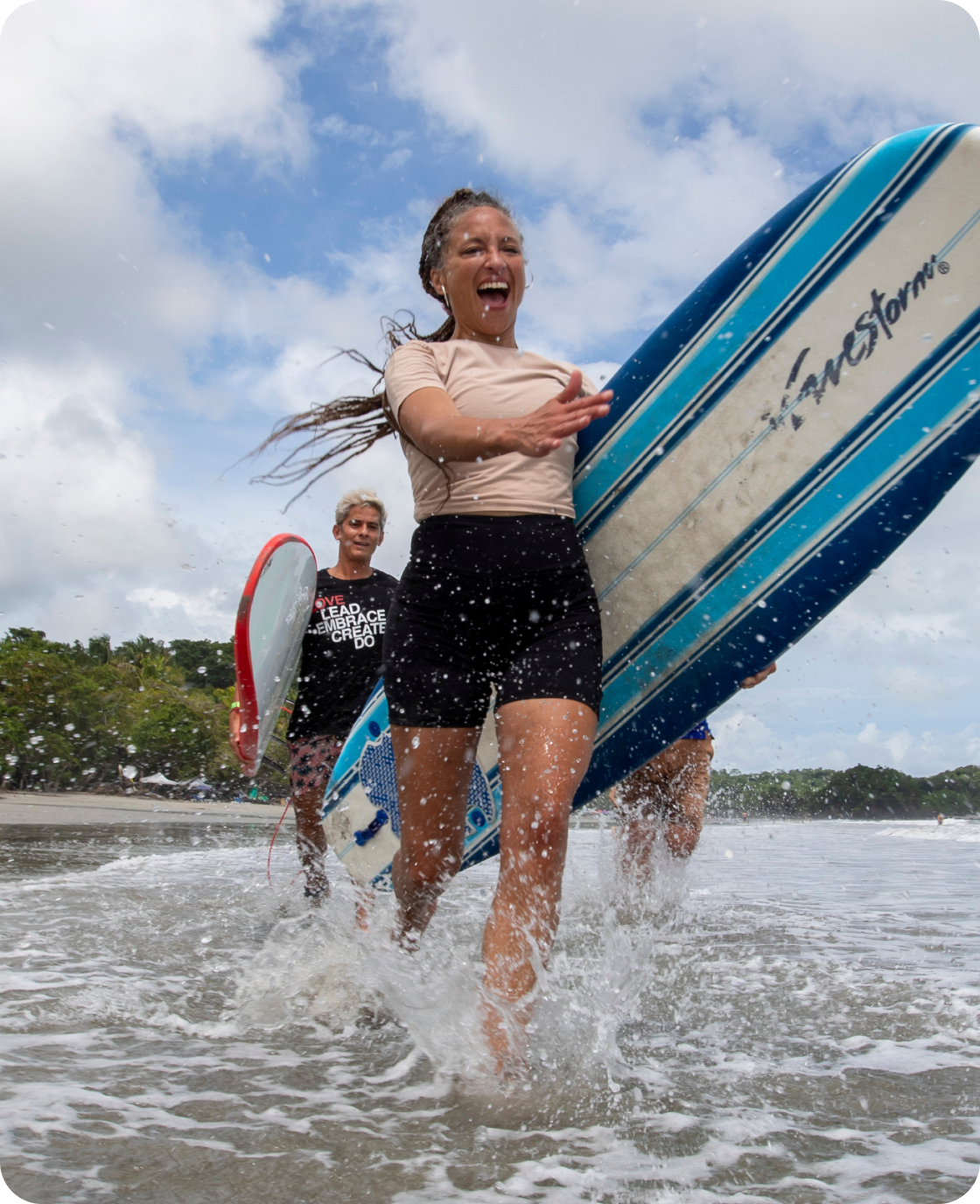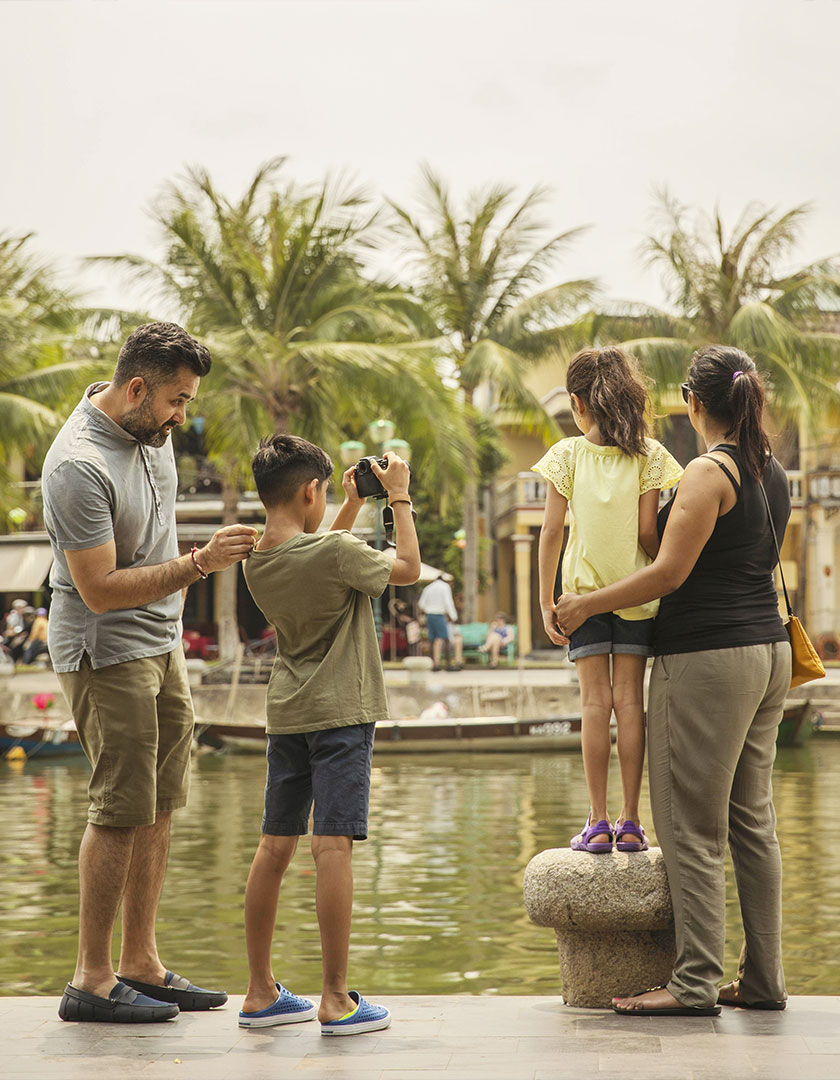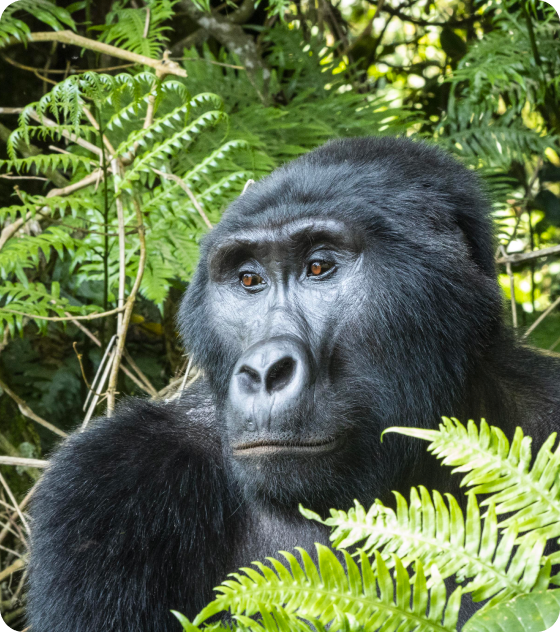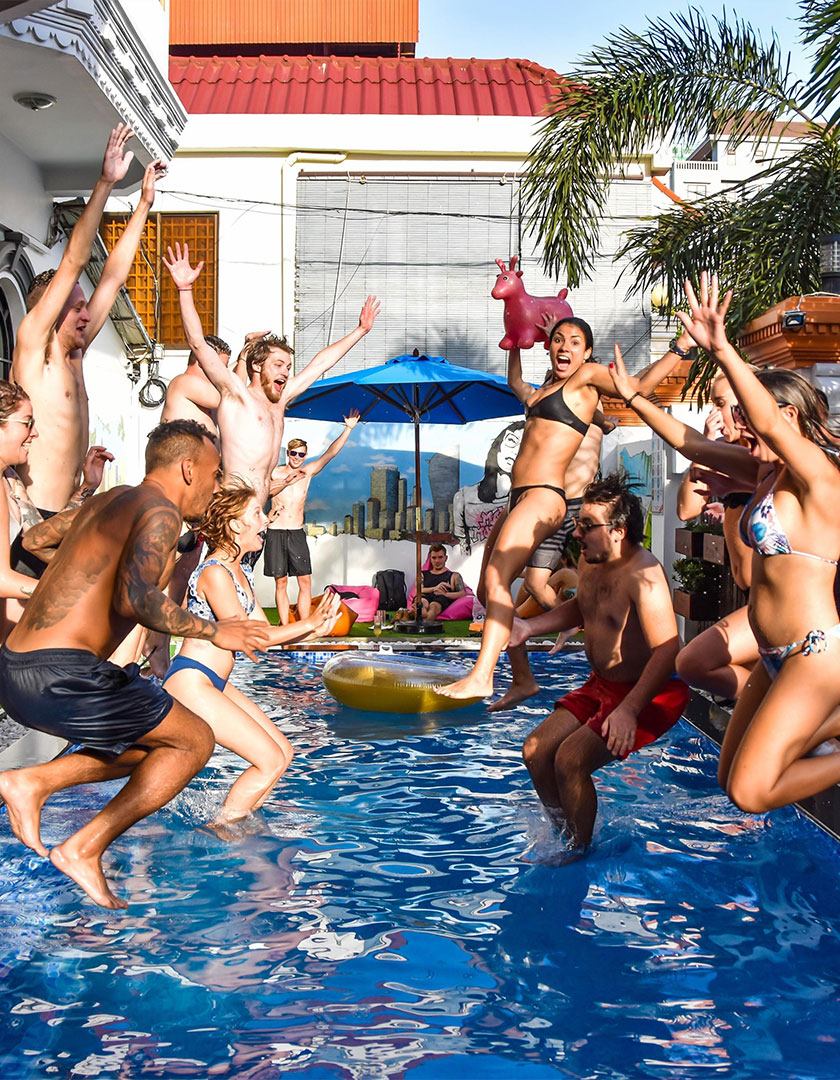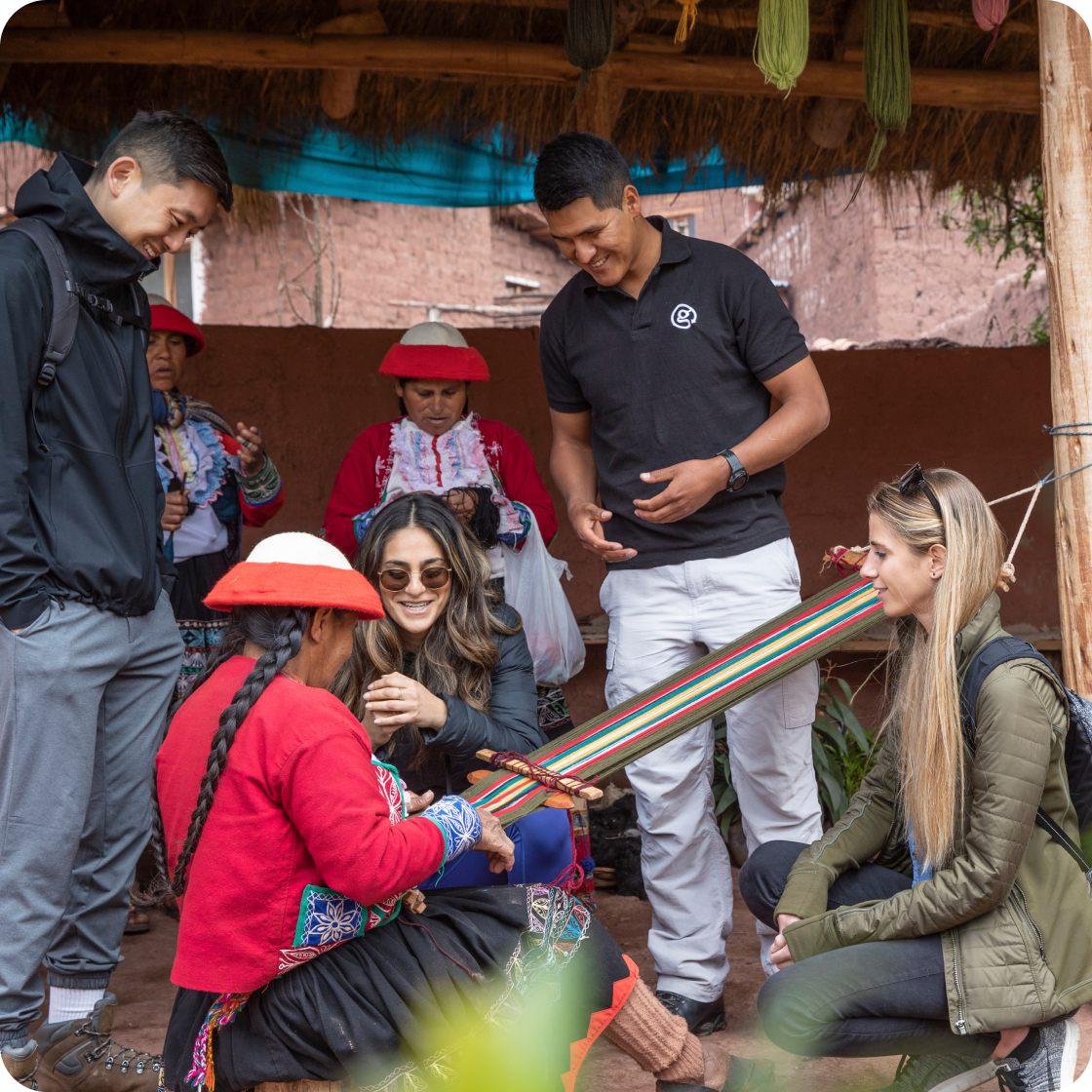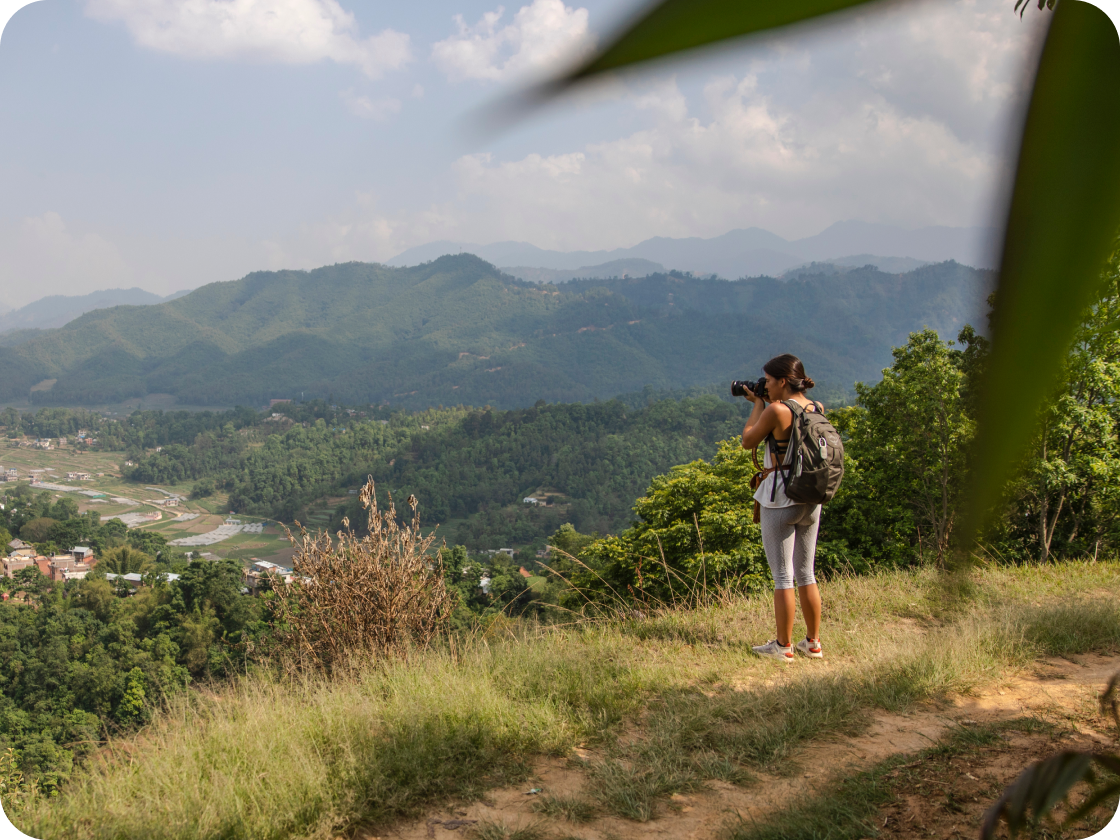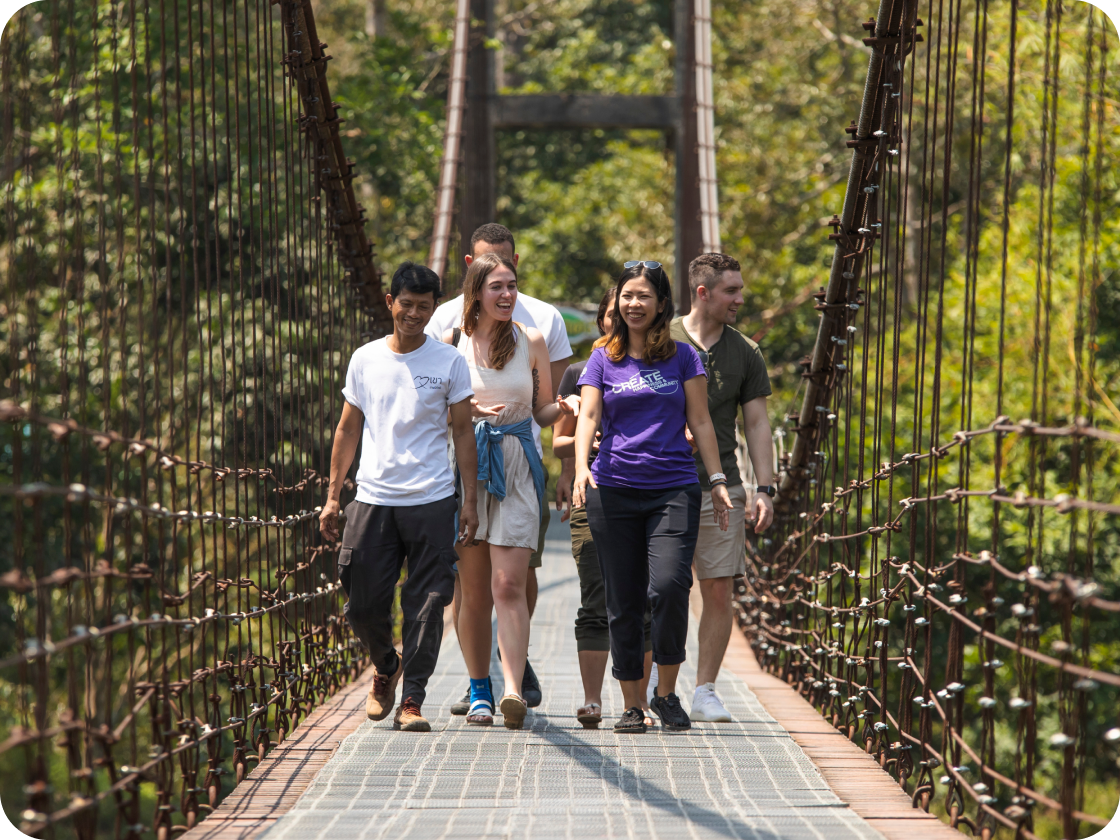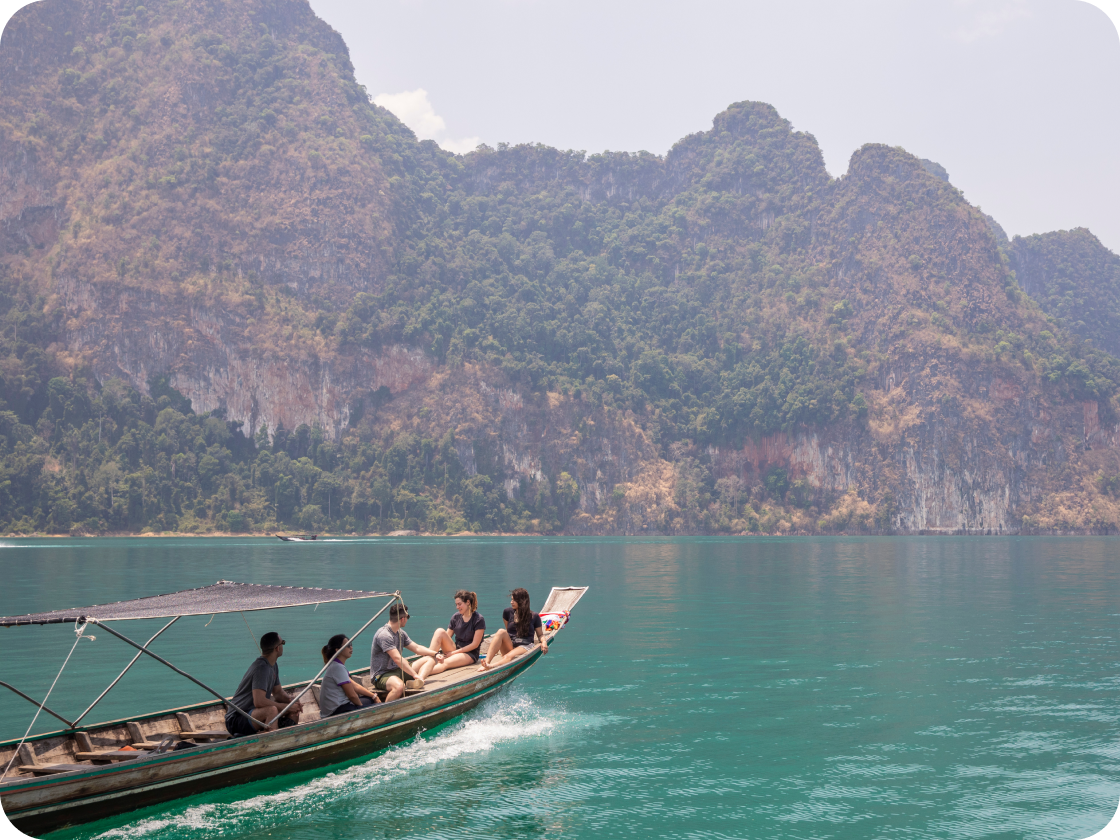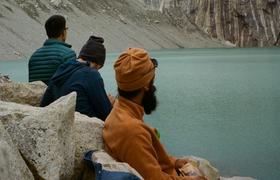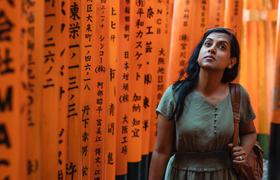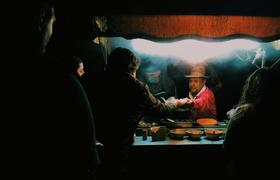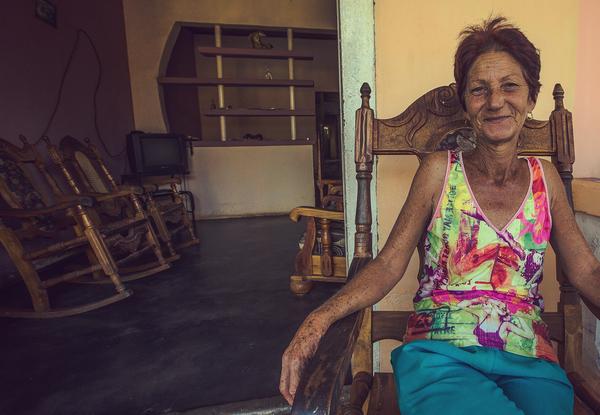
Meet a G Adventures homestay host: Maira Hernandez of Viñales, Cuba
Staying in private residences is a great way to get up close and personal with Cuban culture
Travelling to Cuba is a singular experience. The country's rich, complicated and at-times tumultuous social and political history has resulted in a tourism industry that is developing at its own unique pace, and with its own unique idiosyncrasies. Until 1997, for instance, Cuban nationals were strongly discouraged from contact with tourists — police would often regard those who did as thieves — which resulted in what was known as "tourist apartheid:" foreign tourists would largely relegate themselves to government-owned resorts, segregated from Cuban society, while Cubans themselves were not permitted to stay in many Cuban hotels.
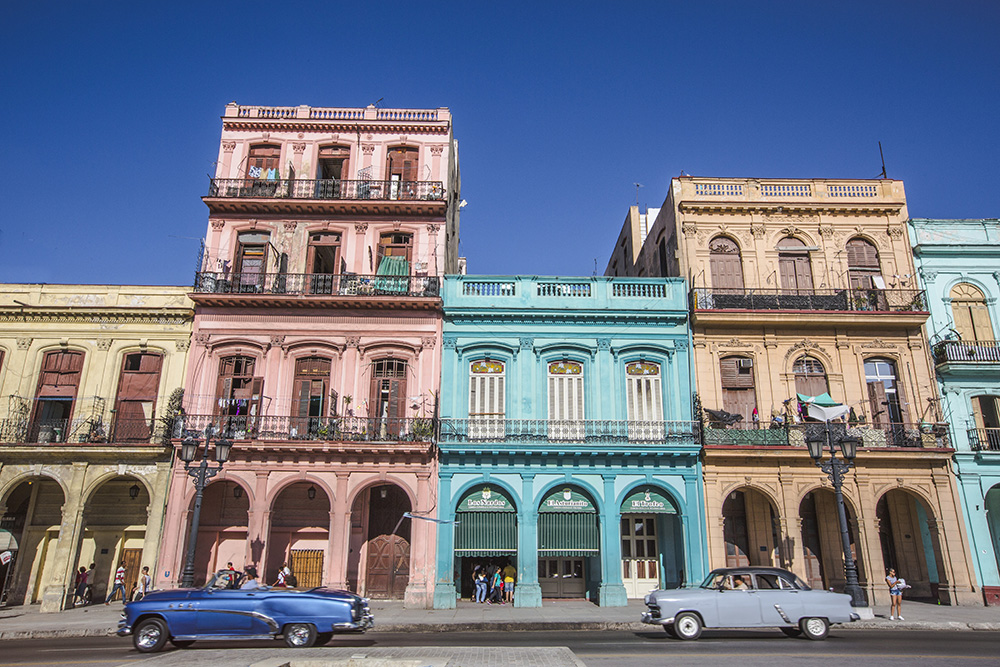
But tourism in Cuba was complicated well before the late 1990s. While the Caribbean country was a hot-spot for foreigners in the early 20th century, the closure of many bars and gambling halls after the Cuban Revolution effectively ended the country's reputation as the "Latin Las Vegas." In addition, the election of Fidel Castro resulted in tourism to the country hitting a record low in the mid-1970s — and, while travel to the country has been increasing, it's been gradual.
Cuba's tourism industry is, as a result, playing a bit of catch-up, so going to the country is a travel experience that requires slightly managed expectations — but, for this very reason, it's an experience like no other you'll have anywhere else in the world.
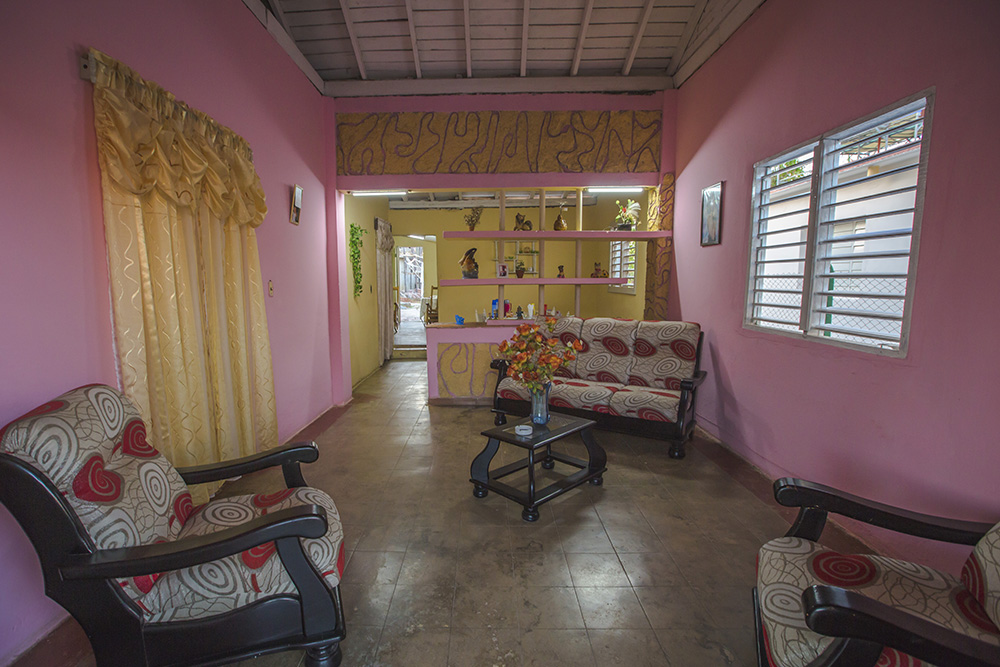
Take, for instance, the concept of the "casa particular." In 1997, the Cuban government made it legal for citizens to rent out rooms in their homes to tourists wishing to experience accommodations outside of the government-owned hotels and resorts. Casas are similar to bed-and-breakfasts: for a modest fee, tourists stay in a private, furnished room, and are often provided a meal or two, as well as access to bathroom facilities. (It should be noted that the casas visited by G vary greatly from one to the next in terms of room sizes, shared areas and amenities.)
G Adventures travellers stay mainly — if not entirely — in casas particulares on trips to Cuba, all of which are vetted for safety and comfort. In Viñales, for instance, travellers will visit Homestay Mayra, where they will be hosted by homeowner Maira Hernandez:
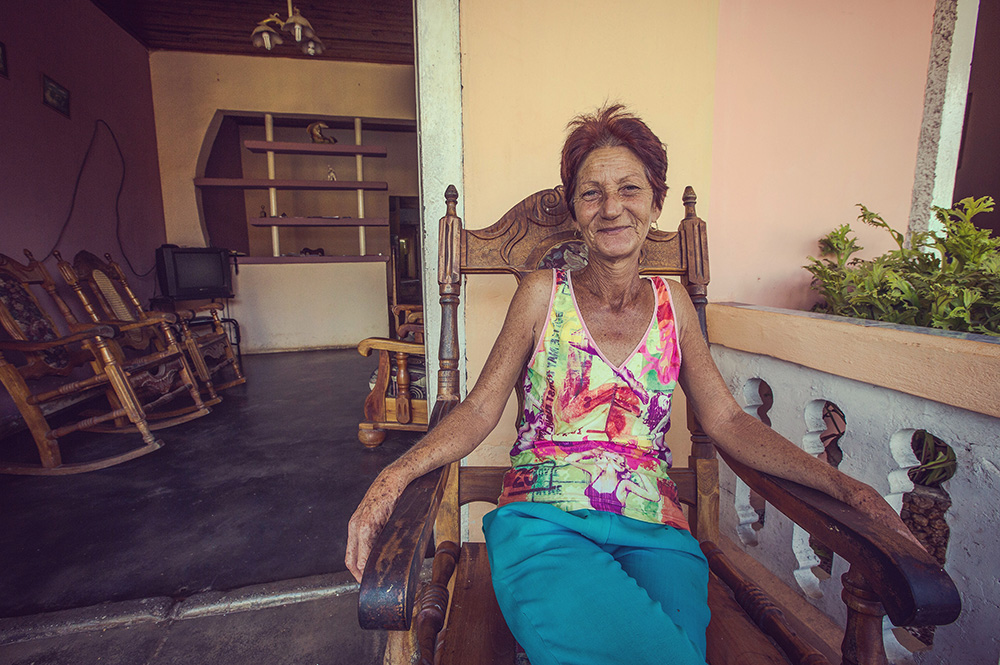
“I have been hosting travellers for more than 10 years now," Hernandez told G Adventurers photographer Oana Dragan on a recent visit. "I love the fact that people from all over the world are coming to see the real authentic Cuba and the heart of the country, which is its people. Doing a homestay allows travellers to get a close glimpse into how us Cubans live from day-to-day."
At Hernandez' casa particular — which is located outside of the city centre and thus gives travellers a different perspective Cuba overall — guests will enjoy clean, comfortable accommodations, as well as breakfast. And because many casa hosts — Hernandez included — do not speak much English, staying in a homestay offers travellers the opportunity to practise a little Spanish.
In a country where tourism has been tumultuous, interactions with hosts like Hernandez offer a glimpse of life beyond the resorts, and a chance — for lack of a better phrase — to experience a bit of the real Cuba. "I am very proud to be Cuban," Hernandez says. "I invite everyone from all over the world to come and visit us. To see who we Cubans really are."
Getting there
Keen to visit Maira Hernandez at her homestay? G Adventures can get you there. Check out our small group tours to Cuba here.



